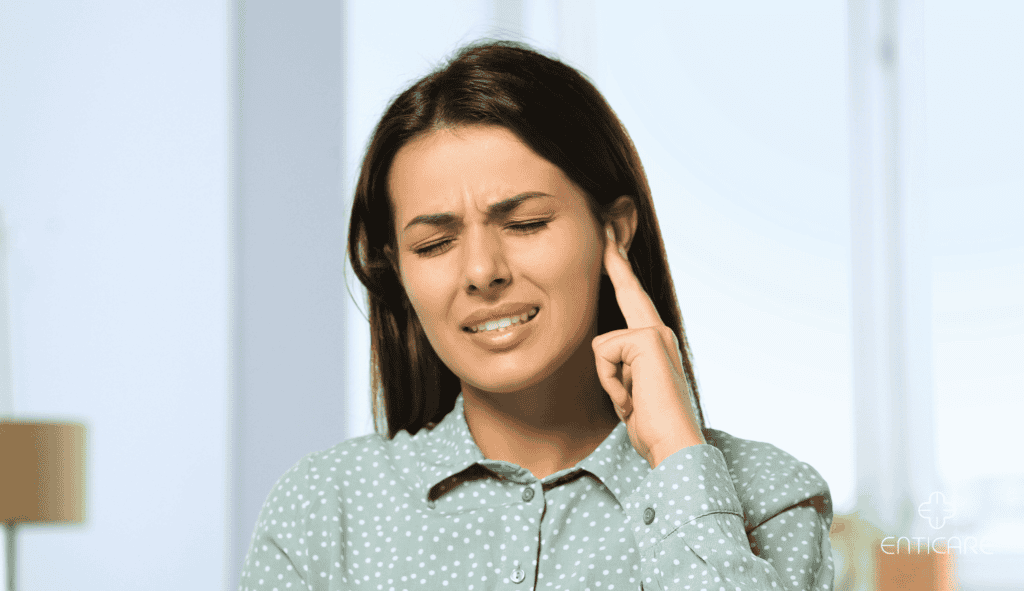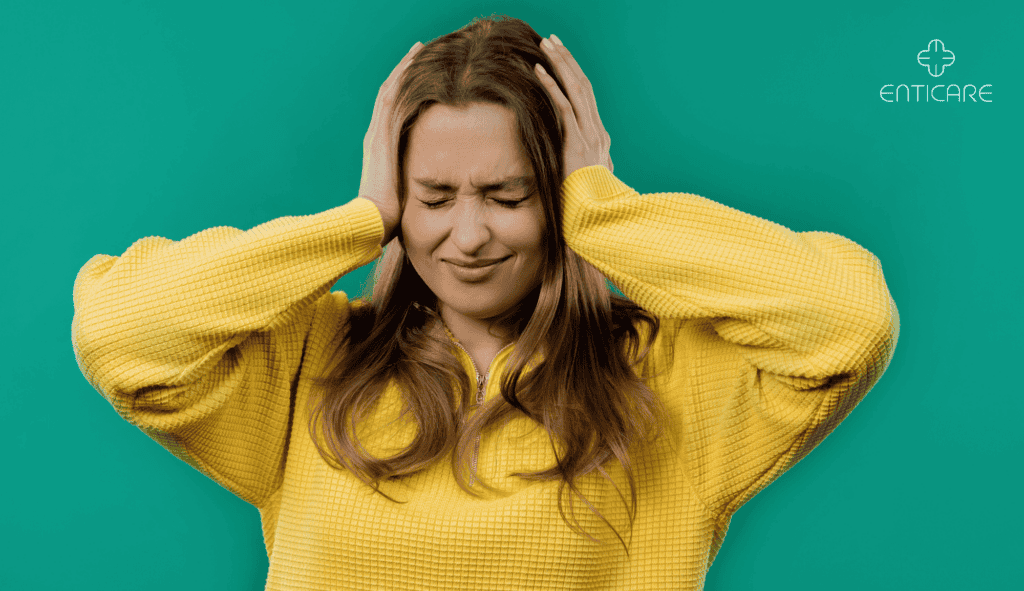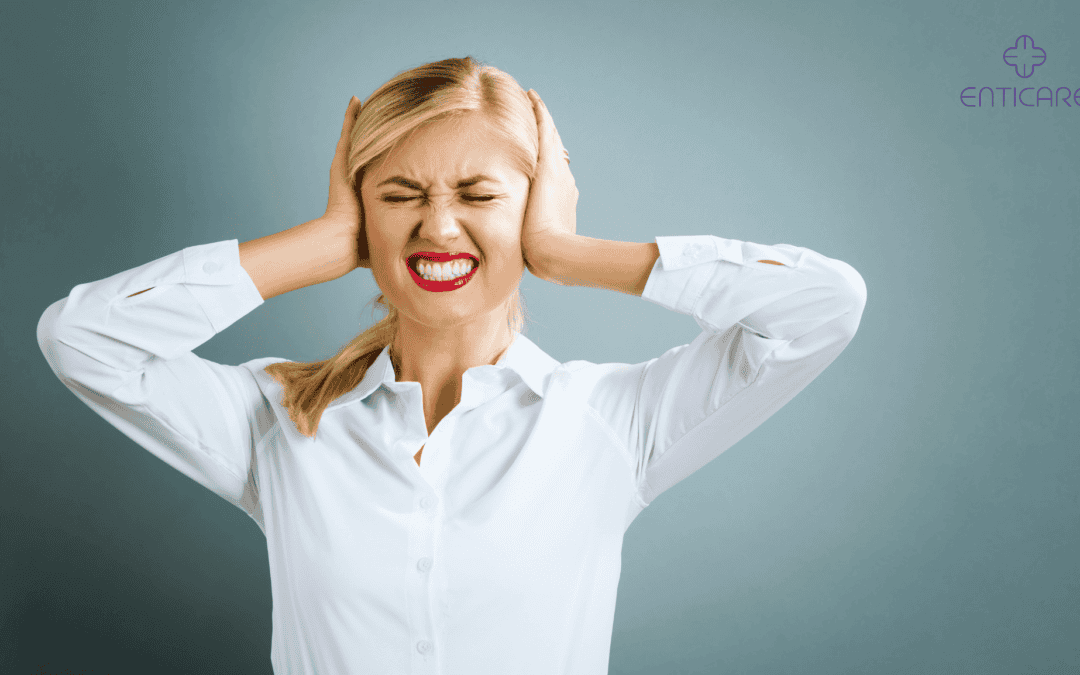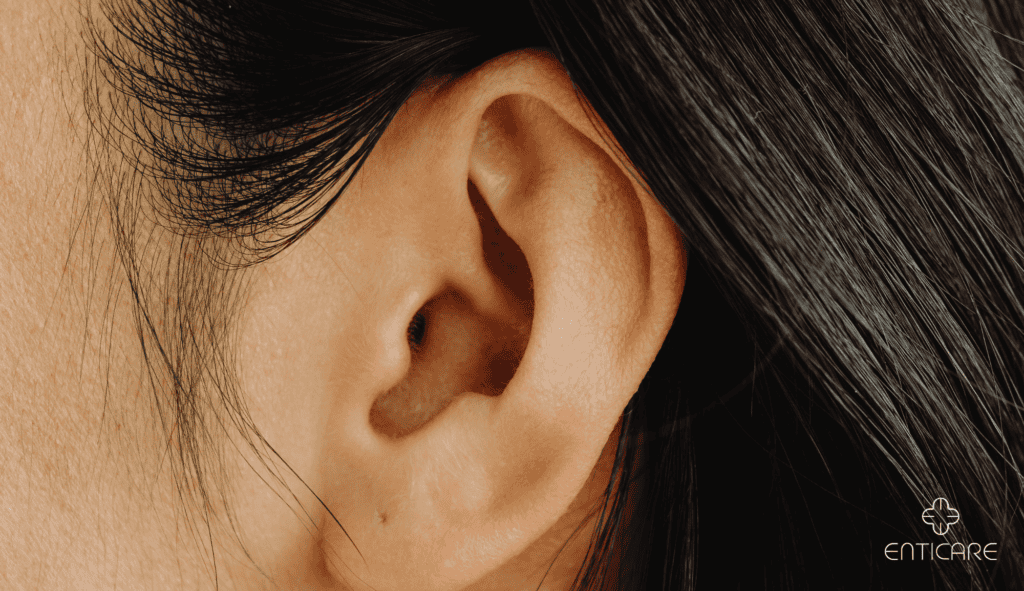Have you ever settled into bed only to notice your ear feel clogged or muffled? This unsettling sensation can make it hard to relax or fall asleep. Many people experience ear clogging when lying down, but understanding why this happens is the first step toward finding relief. Let’s explore the causes, solutions, and when to consult a specialist.

Understanding Clogged Ears
Clogged ears can be a frustrating and uncomfortable experience, affecting daily life and overall well-being. This sensation often stems from various underlying causes, making it essential to understand the root of the problem to seek proper treatment and relief. Common culprits include earwax buildup, Eustachian tube dysfunction, hearing loss, and upper respiratory tract infections. Each of these factors can contribute to the feeling of fullness or blockage in the ears. By identifying the specific cause of your clogged ears, you can determine the most effective course of action to alleviate the discomfort and prevent future occurrences.
Common Causes of Ear Clogging When Lying Down
Fluid Build-Up in the Ear
Gravity affects fluid movement when you lie down. If your middle ear contains excess fluid due to a cold, sinus infection, or allergies, it may shift and create pressure, causing that clogged feeling. Fluid build-up can also be a result of an ear infection.
Eustachian Tube Dysfunction
The eustachian tubes connect the middle ear to the back of the nose and throat, helping equalize pressure. However, due to inflammation, these tubes may not work properly, making it hard to balance pressure when you change positions.
Eustachian tube dysfunction can lead to ear pain due to pressure imbalance.
Sinus Congestion and Allergies
Blocked sinuses from colds or allergies often lead to increased ear pressure. Lying flat worsens congestion, trapping more fluid and air in the ear. Sinus congestion can also be a result of an upper respiratory tract infection, which causes inflammation of the nasal and sinus areas and can affect the eustachian tubes, leading to symptoms such as ear pressure and pain.
Learn more about Eustachian tube dysfunction and ear pressure.
Ear Canal Issues
The ear canal, a narrow tube connecting the outer ear to the eardrum, plays a crucial role in our hearing. However, issues within this canal can lead to clogged ears. One common problem is earwax buildup, which can occur due to excessive earwax production, narrow ear canals, or improper cleaning methods like using Q-tips. Additionally, blockages can arise from foreign objects, ear infections, or allergies. If left untreated, these ear canal issues can escalate, potentially leading to more severe problems such as ear infections or hearing loss. It’s important to address these concerns promptly to maintain ear health and prevent complications.

How Lifestyle Factors Contribute to the Problem
Sleeping Positions That Worsen Symptoms
Sleeping on one side can increase pressure on the ear closest to the pillow. This position may trap fluid or worsen blockages.
Impact of Dehydration on Ear Pressure
Dehydration thickens mucus, making it harder for the Eustachian tubes to function. Staying hydrated supports fluid balance in the ear.
The Role of Stress and Inflammation
Chronic stress raises cortisol levels, which can cause inflammation and exacerbate conditions like sinus congestion or Eustachian tube dysfunction.
Environmental and Pressure-Related Factors
Changes in air pressure, altitude, or atmospheric conditions can also cause clogged ears. The Eustachian tube, which connects the middle ear to the back of the throat, is responsible for equalizing air pressure on both sides of the eardrum. When this tube isn’t functioning properly, it can result in a blocked ear sensation. Environmental factors, such as exposure to loud noises or sudden temperature changes, can further contribute to this issue. Understanding how these factors affect your ears can help you take preventive measures, such as chewing gum during flights or using ear protection in noisy environments, to avoid discomfort.
Practical Solutions for Relieving Clogged Ears
Simple Home Remedies
- Steam Inhalation: Inhaling steam loosens mucus and promotes better sinus drainage.
- Head Elevation: Use extra pillows to elevate your head, reducing fluid build-up.
- Yawning or Swallowing: Both actions help open the Eustachian tubes and relieve pressure. These actions can also help relieve pressure in the inner ear.
Over-the-Counter Medications
- Decongestants reduce nasal and sinus swelling, helping air move through the Eustachian tubes.
- Antihistamines: Effective for allergy-related congestion, these medications minimize mucus production.
Tips for Preventing Nighttime Ear Discomfort
- Avoid lying down immediately after eating, as this may worsen sinus congestion.
- Use a humidifier in your bedroom to keep airways moist and prevent blockages.
- Limit caffeine and alcohol intake, as they can dehydrate the body.
Ear Care and Hygiene
Maintaining good ear care and hygiene is essential to prevent clogged ears and ensure overall ear health. Avoid using Q-tips to remove earwax, as they can push the wax further into the ear canal, potentially causing blockages. Instead, consider using ear drops or saline nasal sprays to soften and remove earwax safely. Regularly cleaning the outer ear with a washcloth can also help prevent earwax buildup. Additionally, protecting your ears from loud noises by wearing ear protection when necessary can help prevent hearing loss and reduce the risk of clogged ears. By adopting these simple practices, you can keep your ears healthy and free from discomfort.
When to Seek Professional Help
Symptoms That Indicate a More Serious Problem
Seek medical attention if you experience:
- Persistent ear clogging that doesn’t improve with remedies.
- Severe pain or noticeable hearing loss.
- Signs of infection, such as fever or drainage.
How ENT Specialists Diagnose Ear Issues
Doctors use tools like otoscopes, hearing tests, or imaging scans to determine the underlying cause of your symptoms.
Advanced Treatments for Persistent Clogging
- Myringotomy: A minor procedure to drain excess fluid from the ear.
- Balloon Dilation: Opens blocked Eustachian tubes to improve pressure balance.
- Customized Allergy Treatment: Addresses sinus congestion and prevents recurring blockages.
Discover more about effective ENT treatments.
Key Takeaways
- Nighttime ear clogging often results from fluid build-up, sinus congestion, or Eustachian tube dysfunction.
- Simple lifestyle changes, home remedies, and over-the-counter medications relieve mild symptoms.
- Persistent or severe symptoms require professional diagnosis and treatment from an ENT specialist.
Rest Peacefully Without Ear Discomfort
Nighttime ear clogging can disrupt your sleep and quality of life. You can find relief and prevent future issues by identifying the cause and using practical strategies. If symptoms persist, schedule an appointment with Enticare today. Our specialists will help you discover the best solutions for long-term comfort.


